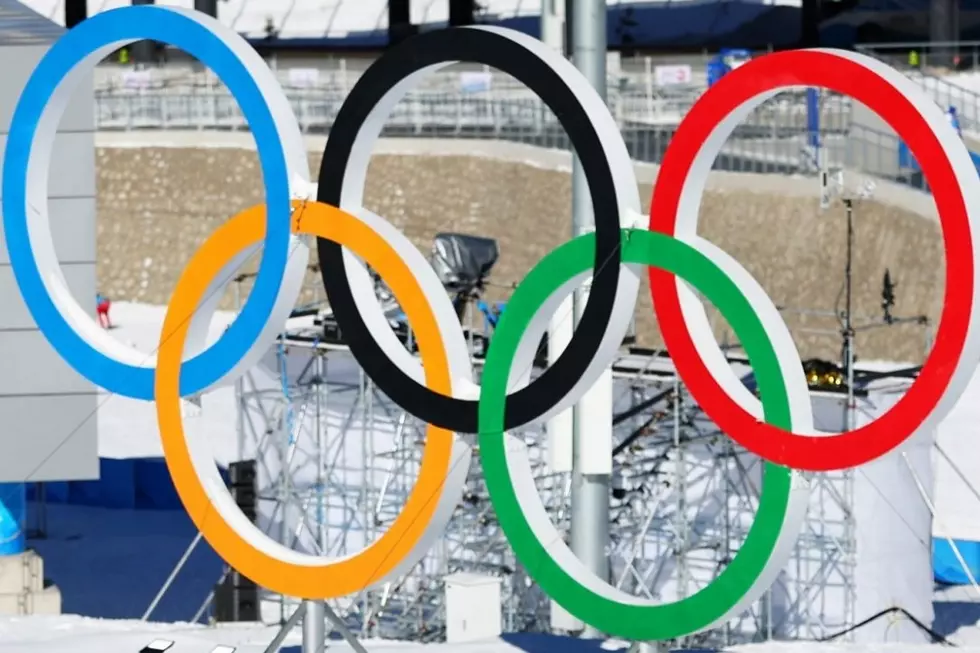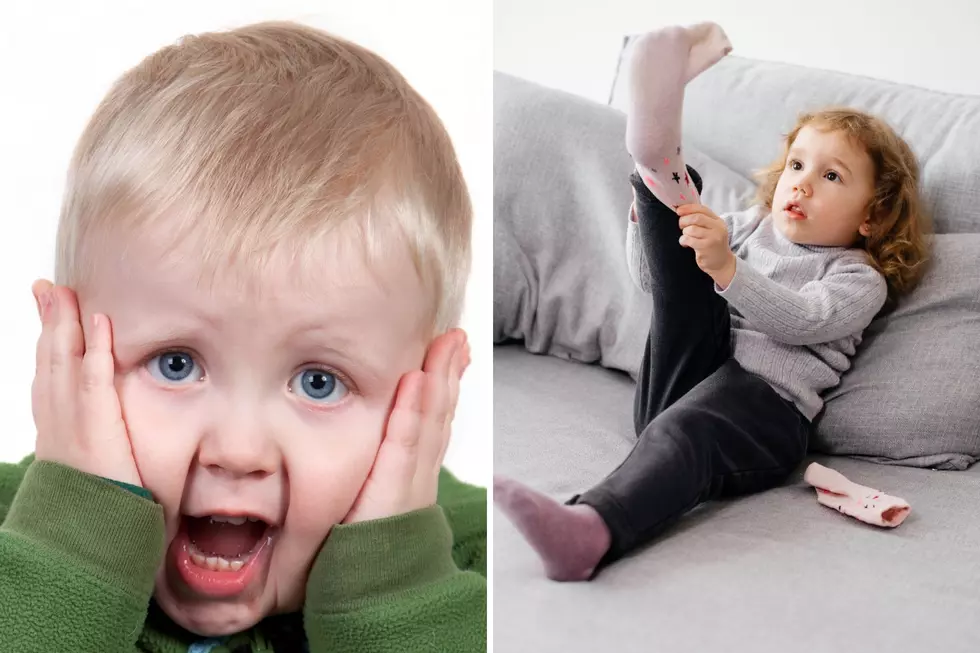
The Olympics Announce ‘Monumental’ New Rules for Transgender Athletes
The IOC has announced new rules for transgender athletes competing in women's sports in the Olympics.
Over the weekend, the IOC (International Olympic Committee) announced new guidelines in an attempt to "preserve" a "level playing field" for women's sports.
"Principle 4 [fairness] recognizes that sports organizations may at times need to issue eligibility criteria for sex-segregated competition to maintain a fair and proportionate distribution of competitive advantages among participants. It also recognizes the particular importance of advancing equality for women in sport and preserving fair and meaningful competition for elite women athletes, which may require criteria that limit eligibility in some cases," the IOC announced.
The committee also shared that the ethics surrounding trans athletes competing in women's sports were potentially ignored before, and must now be taken into consideration.
"The current state of scientific and medical knowledge [should be taken into account] as well as ethical, legal, human rights and social considerations," the IOC continued.
The IOC, which previously dismissed testosterone limits, said they now "acknowledge that testosterone may be an important factor shaping performance in elite athletes in certain sports."
The IOC also suggested that individual sports should determine their own eligibility requirements for trans athletes based on the "physical demands" of the sport, and requested that testosterone limits shouldn't be the only factor in determining eligibility.
The IOC stressed their principles should solely apply to professional-level athletes, not athletes at youth and teenage levels.
With trans athletes such as U.S. swimmer Lia Thomas, New Zealand weightlifter Laurel Hubbard and U.K. cyclist Emily Bridges competing in the Olympics in their respective sports, the participation of transgender athletes in gender-specific sports categories has become a hotly debated topic.
In 2021, many athletes criticized the IOC, arguing there should be “no presumption of advantage” for transgender women who compete in women's sports. Many people asked the IOC to update and clarify its policy with regard to the specific requirements for competing athletes.
Wild Jobs Celebrities Had Before Fame
More From WKFR








